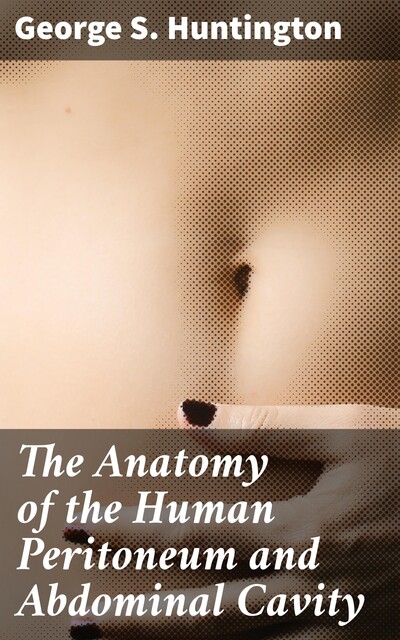In “The Anatomy of the Human Peritoneum and Abdominal Cavity,” George S. Huntington presents a meticulous examination of the intricate structures and functions of the peritoneum and abdominal cavity. This scholarly work is characterized by its clear, precise prose and detailed anatomical illustrations, which serve to illuminate the complex relationships between various organs. Huntington's contributions of probing descriptions and anatomical precision are not only informative but also resonate with the emerging practices in early 20th-century medicine, where a deeper understanding of human anatomy was becoming increasingly vital for advancements in surgical techniques and clinical assessments. George S. Huntington, an esteemed anatomist and physician, was well-versed in the challenges faced in abdominal surgeries during his time. His academic journey and clinical experiences informed his keen understanding of anatomy, which he sought to elucidate for both medical professionals and students alike. That Huntington was operating at the intersection of scientific inquiry and practical application is reflected in his thorough research and presentation style, showcasing his dedication to advancing medical education and practice. This seminal work is highly recommended for medical students, anatomists, and healthcare professionals alike. Huntington'Äôs detailed analysis not only enhances the reader'Äôs understanding of the peritoneum but also equips practitioners with the knowledge necessary for applying anatomical principles in clinical settings. Readers will find this book an invaluable resource in the pursuit of anatomical knowledge and surgical proficiency.


